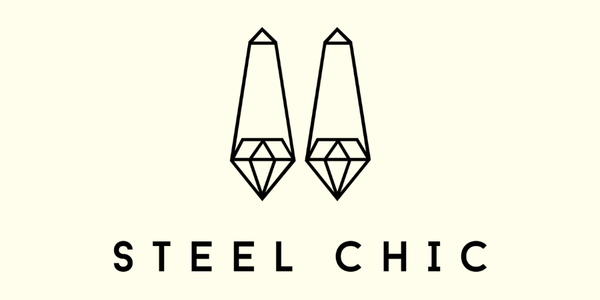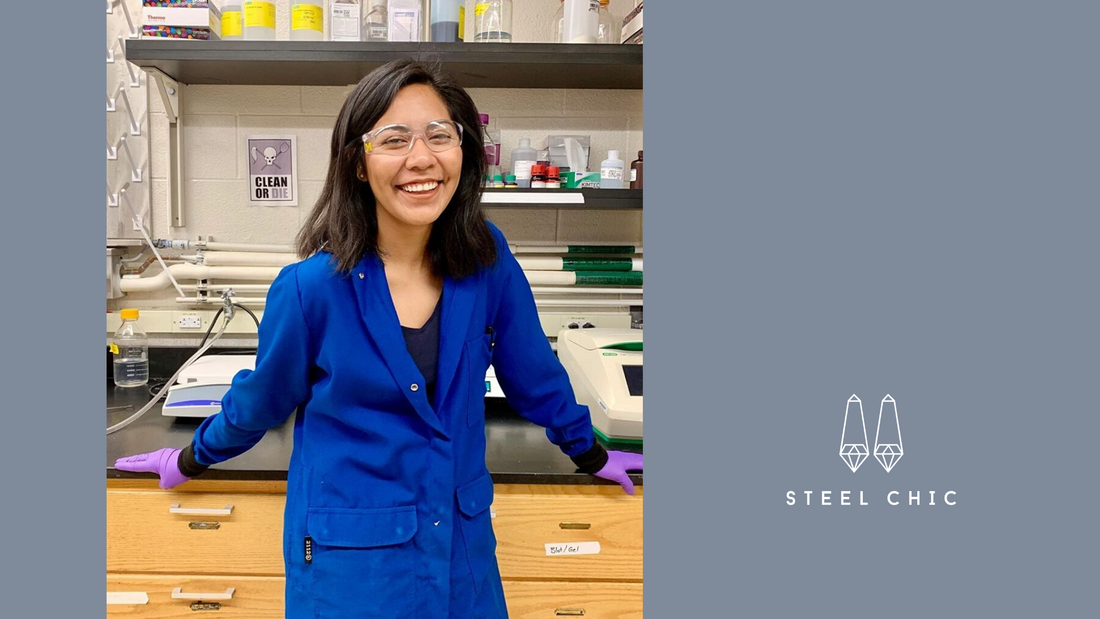This week, in exceptional women, we talked to Gloria Diaz, Manufacturing Engineer.
Question: Where are you from?
Answer: I'm originally from Northern San Diego County in Southern California. Currently, I live in Michigan while I work on my Ph.D. at the University of Michigan, Ann Arbor.
Q: What school did you attend?
A: I received my Bachelor of Science in Chemistry from Cal State San Marcos (CSUSM), and now I am a third-year chemistry Ph.D. candidate and Rackham Merit Fellow at the University of Michigan, Ann Arbor.
Q: Can you give us a quick rundown of your career?
A: As a Ph.D. graduate student, I do research focused on developing miniature technologies to simplify and automate macro-scale assays to profile epigenetic modifications. On average, within my department, it takes about 5.5 years to complete a Ph.D. degree, and afterward, you progress into your long-term career.
Q: How and when did you found out that (STEM) was your career to follow?
A: From a young age, I've been intrigued by science, and I think that emerged from my love of stars. In high school, I was so captivated by the periodic table of elements, which lead me to pick chemistry as my major in college. After graduation, I did an internship at Zymo Research Corporation, where the lead scientist of my team inspired me to pursue a Ph.D. and increase the representation of women scientists.
I don't think along my career path, there was a single moment but rather several pivotal moments where I have chosen chemistry as my career path.
Q: What aspect of your job is the most challenging?
A: I think, as graduate students, one of the biggest challenges that we have to overcome is developing confidence in our skills and abilities as scientists even when a project fails. We tend to be harder on our selves when you can't see a project to completion, but in reality, sometimes the scientific fundamentals just don't align.
Q: What is the most rewarding aspect of your career?
A: Outreach opportunities - Working with an R1 institution like the University of Michigan has helped me see the impact I can have in motivating underrepresented minorities to pursue STEM.
Q: What can you say is the key to your success?
A: Resilience- As a woman of color in STEM, I know there are going to be obstacles and challenges at every milestone, so I've found a way to hold my composure and continue forward.
Q: What advice would you give young women who are considering pursuing a STEM career?
A: We all have a story about facing adversity and overcoming it. In the moments when you don't want to finish an assignment, proceed with a presentation, or have a bad experiment, you need to remember the strength and resilience you have previously shown during those challenges.
Q: If you could tell your 15-year-old-self anything, what would it be?
A: Ask the question. You're fear of not knowing a topic is holding you back from wrapping your head around it.

